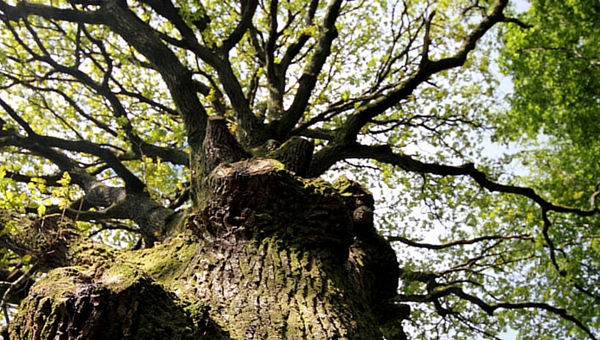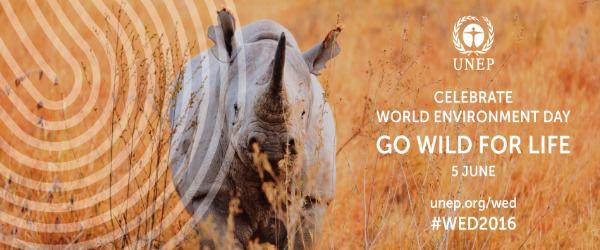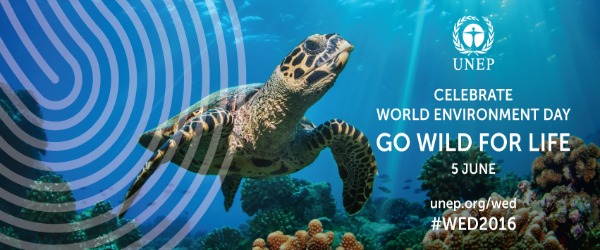
An old Oak tree. Photo-credit ©: C. Devitt
Go ‘Wild for Life’ on June 5th. It’s the United Nations World Environment Day (WED) of awareness and action for the protection of our environment. Each WED is organized around a theme that focuses attention on a particularly pressing environmental concern. This year the theme is the illegal trade in wildlife.
Since it began in 1974, it has grown to become a global platform for public outreach that is widely celebrated in over 100 countries. Above all, WED serves as the ‘people’s day’ for doing something to take care of the Earth or become an agent of change.
Bringing wildlife and conservation into Laudato Sí
In her blog Bringing wildlife into the climate discussion,Jenny Rowland writes on Pope Francis’ love of wildlife and appreciation for conservation.
“It is fitting that a strong message on climate has come from a pope who has shown his love and appreciation of wildlife. St. Francis of Assisi, from which the Pope took his name, is known as the patron saint of animals and the environment and preached love and protection for all of creation.
“His teachings have clearly rung true for the current Pope, who, in his address to congress stated: ‘We need a conversation which includes everyone, since the environmental challenge we are undergoing, and its human roots, concern and affect us all’”.

“The Pope’s message around climate change resonates deeply with the moral and spiritual foundations of the conservation movement…climate change poses an increasingly dire threat to wildlife, communities, and public health. Changes to our climate are causing habitat ranges to shift, decreasing available food and water, altering the chemistry of the ocean, and increasing the rate of species’ extinction…Action is essential to ensure that the species we love have sufficient habitat to adapt to the coming changes.”
Each creature of God is good and admirable in itself
There are many passages in Laudato Sí —which will soon celebrate its first anniversary—where Pope Francis declares his deep concern for wildlife: “We must forcefully reject the notion that our being created in God’s image and given dominion over the earth justifies absolute domination over other creatures.” (#67)
“It is not enough, however, to think of different species merely as potential ‘resources’ to be exploited, while overlooking the fact that they have value in themselves.” (#33)
“Where certain species are destroyed or seriously harmed, the values involved are incalculable.” (#36)
“Creation has “an intrinsic value” which is “independent of [its] usefulness. Each organism, as a creature of God, is good and admirable in itself.” (#140)

Sending a strong conservation message
“The fact that Pope Francis spoke about protecting creation and indigenous peoples sends a strong message to Catholics and all faiths across the globe,” said World Wildlife Fund Sacred Earth Program Director Dekila Chungyalpa.
“He empowered them to be the voice for the immense biodiversity and wildlife, from the Philippines to East Africa to the Amazon, that is under tremendous threat.”
“Laudato Si”, says John .L. Allen Jr. “seems destined to go down as a major turning point, the moment when environmentalism claimed pride of place on a par with the dignity of human life and economic justice as a cornerstone of Catholic social teaching.
“It also immediately makes the Catholic Church arguably the leading moral voice in the press to combat global warming and the consequences of climate change.”
For further reading please see: Mother Earth Day and the Paris Agreement; COP 21.Success and Disappointments; Transforming our World: the Sustainable Development Goals; In the Wake of Laudato Sí
Author: Collated by Irish Jesuit Missions

